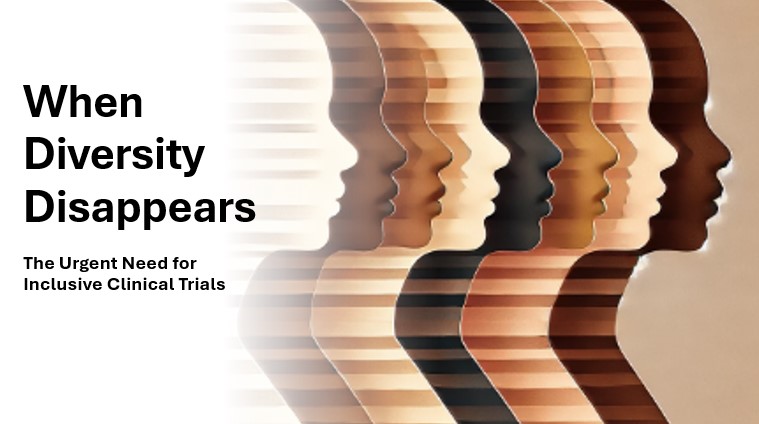Clinical trials drive medical advancements by developing safe and effective treatments. However, a major issue threatens their reliability—lack of diversity. When trials exclude participants from different racial, ethnic, and socioeconomic backgrounds, the data does not represent the real-world population. The recent removal of key FDA web pages on diversity initiatives raises concerns about the future of inclusive medicine.
Why Diversity in Clinical Trials Matters
People respond differently to treatments due to genetic makeup, environment, and lifestyle. Historically, trials have overrepresented white participants, creating gaps in how medications affect other groups. Without inclusive data, doctors may unknowingly prescribe less effective treatments or those with harmful side effects.
For instance, some heart medications and cancer treatments work differently across racial groups due to genetic variations. Without diverse participants, these differences remain undetected until the drug reaches the market, putting lives at risk. Representation in trials ensures every community benefits from scientific advancements and improved healthcare outcomes.
The Consequences of Exclusion
Ignoring diversity in clinical research has serious effects:
-
Wider Health Disparities: Underrepresented groups may receive ineffective treatments, worsening existing inequities.
-
Lower Drug Effectiveness: Medications tested on one demographic may not work well for others.
-
Erosion of Trust: Communities with histories of medical mistreatment may hesitate to join trials if they feel excluded.
The recent removal of FDA programs, such as the OCE Equity Program and Diversity Action Plans, signals a step backward. These initiatives aimed to ensure clinical research reflected all patient populations. Their disappearance raises concerns about the future of equitable healthcare policies.
A Call to Action
Promoting diversity in clinical trials requires commitment from researchers, policymakers, and healthcare institutions. Steps include:
-
Restoring Diversity Programs: Agencies must reinstate initiatives that encourage inclusive research.
-
Engaging Communities: Building trust with underrepresented groups through education and outreach can boost participation.
-
Enforcing Policies: Regulations should require pharmaceutical companies to meet diversity benchmarks before drug approvals.
Without action, healthcare inequities will grow. Inclusive research is not just about fairness—it is essential for treatments that serve everyone.
Stay informed on inspection and audit readiness—Join our mailing list to subscribe to our newsletter and keep inclusive clinical trials accountable.
